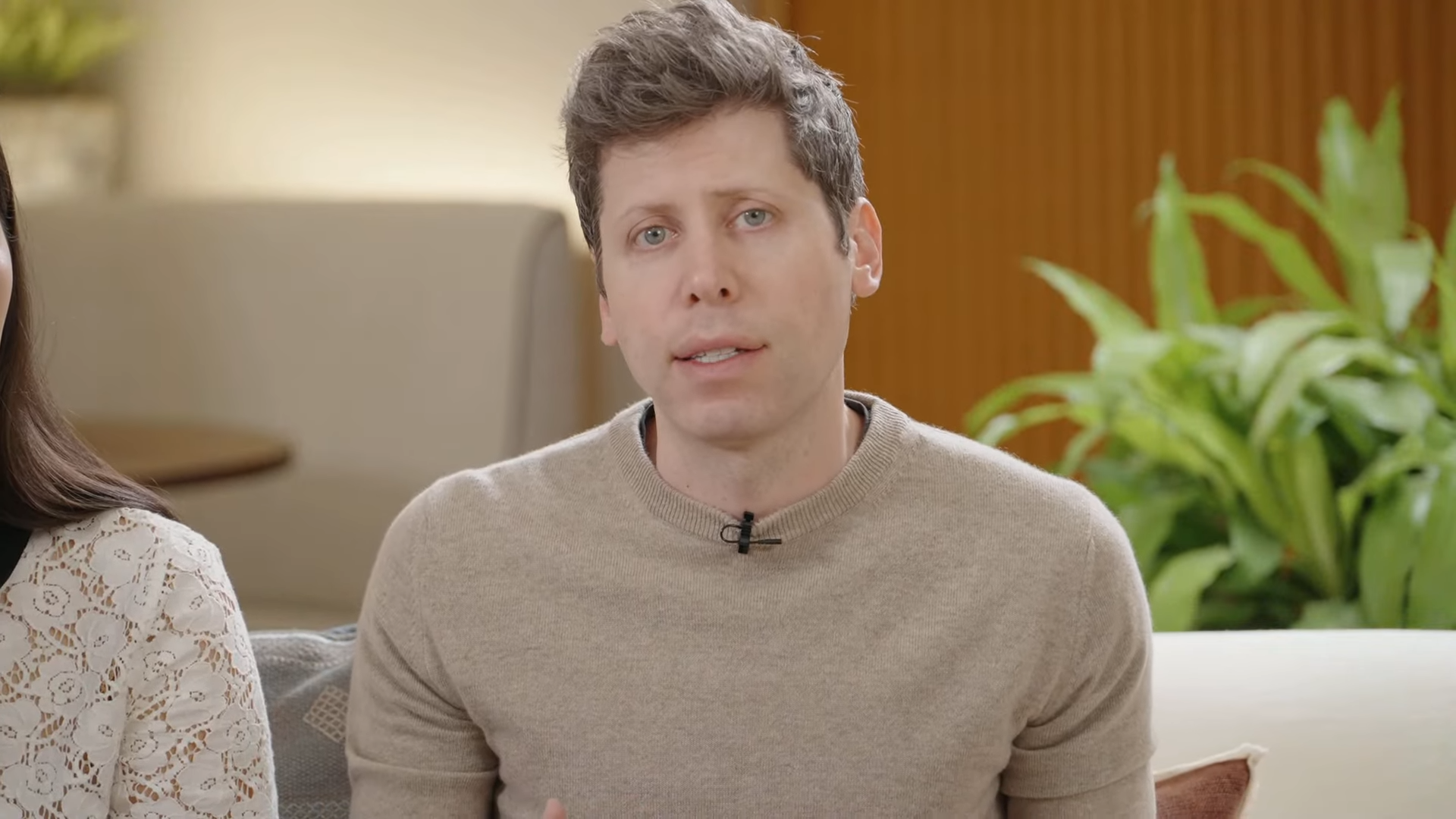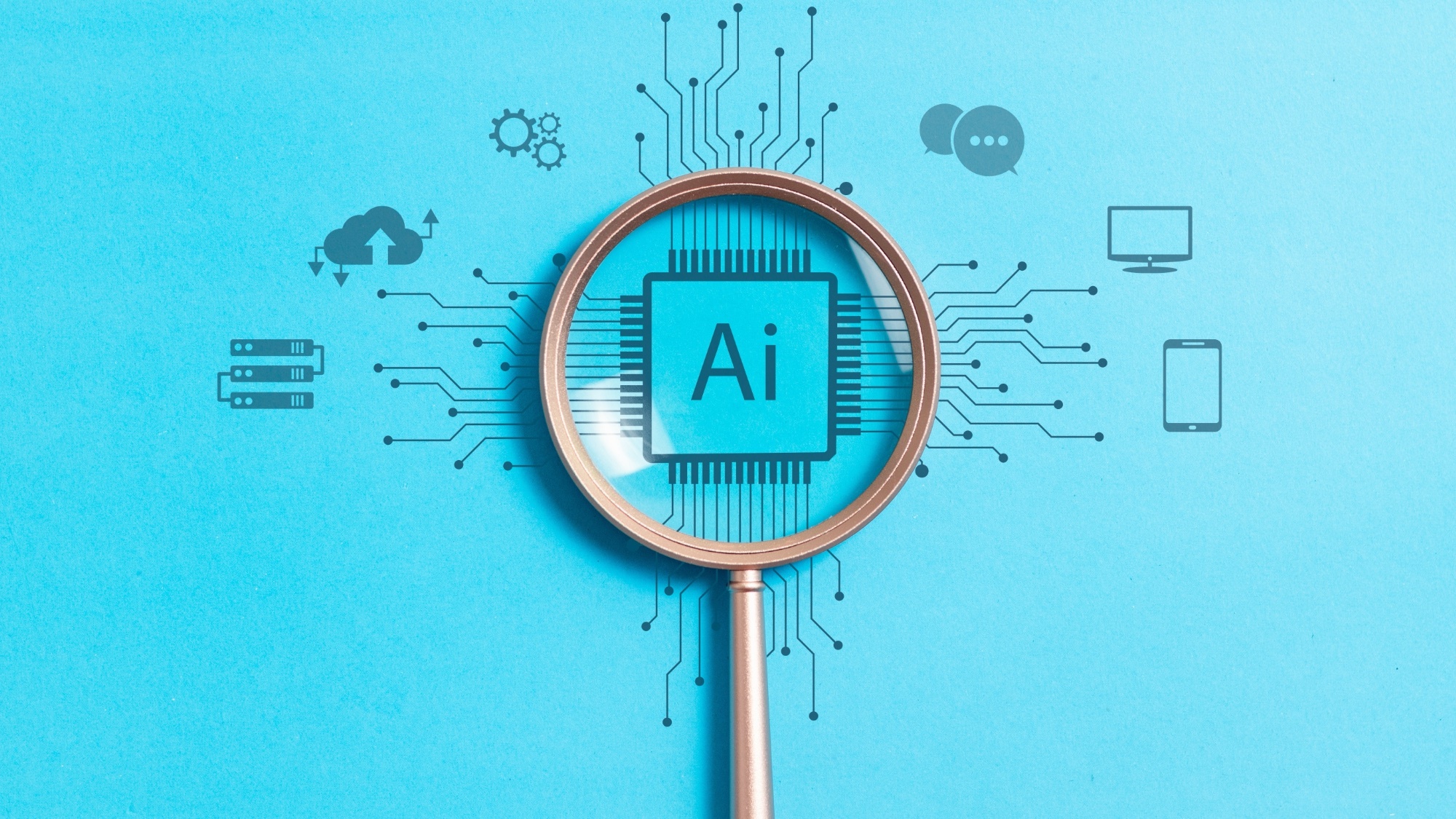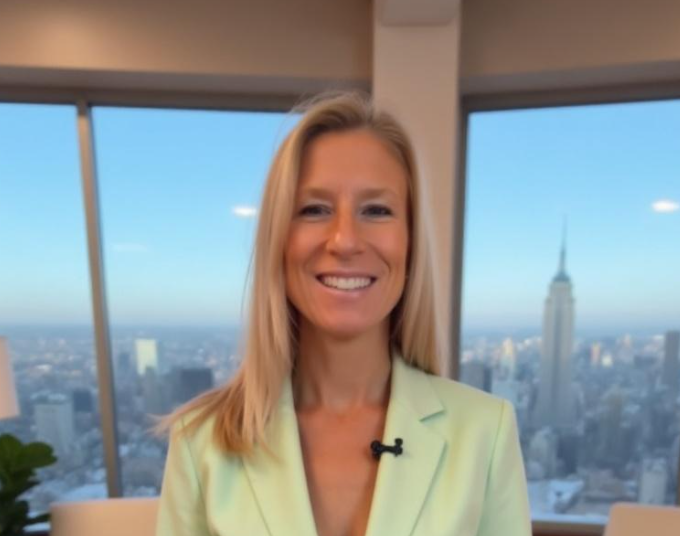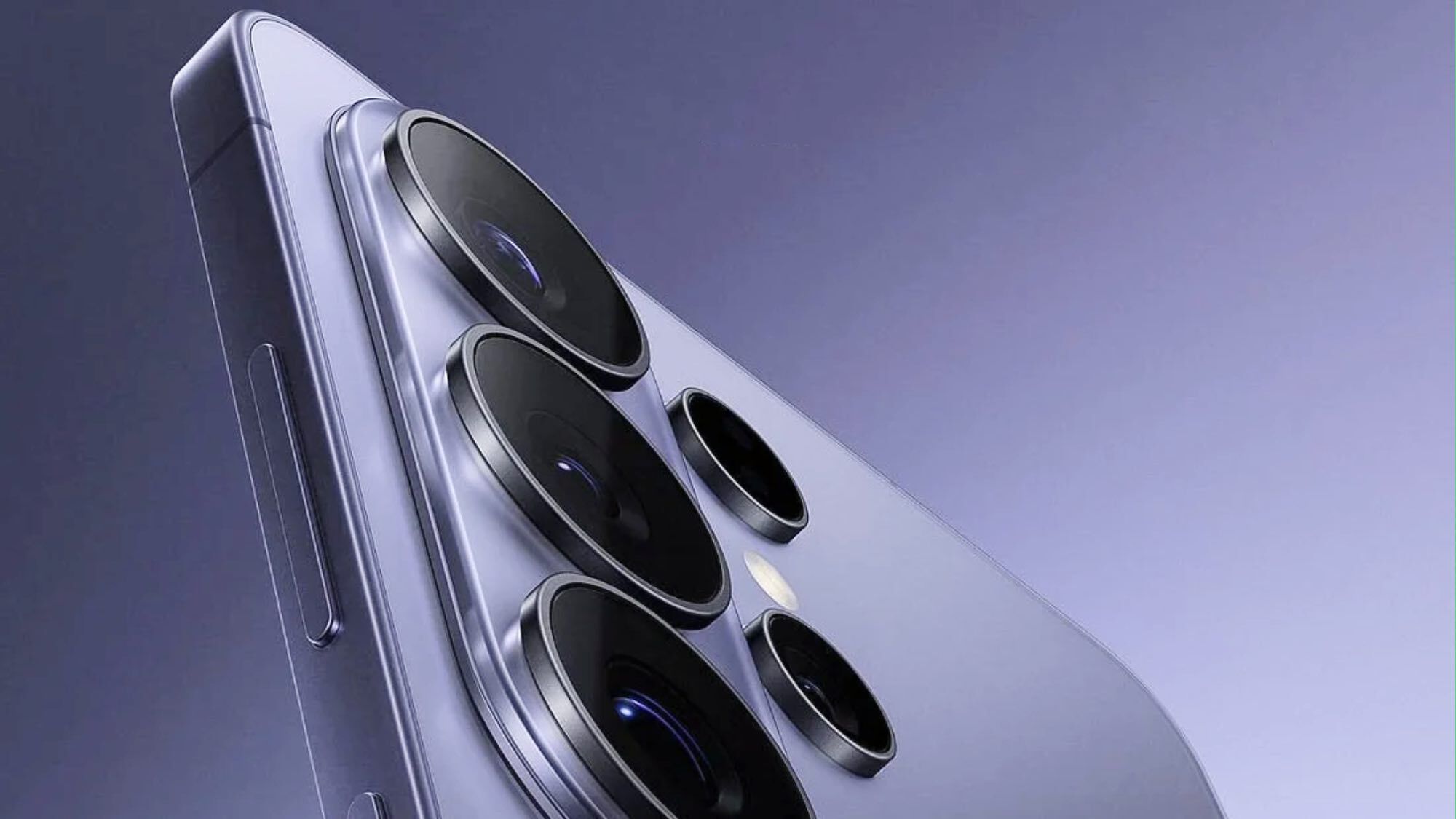ChatGPT's Sam Altman says we’re in an AI bubble — here’s what that means and why it matters
AI hype is hitting a fever pitch

Here at Tom’s Guide our expert editors are committed to bringing you the best news, reviews and guides to help you stay informed and ahead of the curve!
You are now subscribed
Your newsletter sign-up was successful
Want to add more newsletters?

Daily (Mon-Sun)
Tom's Guide Daily
Sign up to get the latest updates on all of your favorite content! From cutting-edge tech news and the hottest streaming buzz to unbeatable deals on the best products and in-depth reviews, we’ve got you covered.

Weekly on Thursday
Tom's AI Guide
Be AI savvy with your weekly newsletter summing up all the biggest AI news you need to know. Plus, analysis from our AI editor and tips on how to use the latest AI tools!

Weekly on Friday
Tom's iGuide
Unlock the vast world of Apple news straight to your inbox. With coverage on everything from exciting product launches to essential software updates, this is your go-to source for the latest updates on all the best Apple content.

Weekly on Monday
Tom's Streaming Guide
Our weekly newsletter is expertly crafted to immerse you in the world of streaming. Stay updated on the latest releases and our top recommendations across your favorite streaming platforms.
Join the club
Get full access to premium articles, exclusive features and a growing list of member rewards.
The hype around AI is hitting a fever pitch, but even OpenAI CEO Sam Altman, one of the leading architects of the AI boom, says things may have gone too far.
In a recent dinner with journalists, Altman compared today’s AI enthusiasm to the dot-com bubble of the late ’90s, warning that while the core technology is real, the investor frenzy may be setting the stage for disappointment.
The Verge reported Altman as saying, “Yes, investors are overexcited about AI,” adding, “Smart people get overexcited about a kernel of truth.”
What is an AI bubble?

An AI bubble refers to a surge in investor enthusiasm and startup funding that inflates valuations beyond reasonable expectations, often detached from actual revenue or real-world impact.
It’s not unlike the housing bubble of 2008 or the crypto frenzy of 2021; lots of money, lots of momentum and a growing risk of collapse if reality doesn’t match the hype.
In the context of AI, that means:
- Startups raising hundreds of millions based on vague promises of “transformative” tech.
- Companies tacking on “AI” to boost valuations without clear use cases.
- Talent wars inflating salaries to unsustainable levels.
- Investor fear of missing out (FOMO) driving reckless bets.
Why this matters now

AI tools like ChatGPT, Claude, Gemini, and Midjourney have already reshaped everything from coding and writing to education and marketing. But Altman’s warning suggests that not every AI startup will be a winner, and many may be riding a short-term wave of buzz rather than building lasting value.
Get instant access to breaking news, the hottest reviews, great deals and helpful tips.
And yet, despite the caution, OpenAI is still spending big. Bloomberg reported that Altman confirmed the company plans to spend trillions of dollars on infrastructure, including next-generation data centers and AI chips. Altman underscored that demand already exceeds supply in a conversation with head of TED, Chris Anderson.
Bottom line
Altman’s comments come as a reality check more than a warning shot. While AI will likely define the next decade of tech, not every player will make it. The bubble may pop, but the foundational companies building the infrastructure and intelligence behind AI will remain.
Whether you are a consumer, developer or investor betting on AI, the important thing is to look beyond the hype. The winners won’t be the loudest or flashiest, but the ones solving real problems at scale.
Follow Tom's Guide on Google News to get our up-to-date news, how-tos, and reviews in your feeds. Make sure to click the Follow button.
More from Tom's Guide
- Maximize ChatGPT-5's potential with this one game-changing prompt
- I just tested ChatGPT-5 vs Deepseek with 9 prompts — and there's a clear winner
- GPT‑6 could change how we use AI forever — here's what we know

Amanda Caswell is an award-winning journalist, bestselling YA author, and one of today’s leading voices in AI and technology. A celebrated contributor to various news outlets, her sharp insights and relatable storytelling have earned her a loyal readership. Amanda’s work has been recognized with prestigious honors, including outstanding contribution to media.
Known for her ability to bring clarity to even the most complex topics, Amanda seamlessly blends innovation and creativity, inspiring readers to embrace the power of AI and emerging technologies. As a certified prompt engineer, she continues to push the boundaries of how humans and AI can work together.
Beyond her journalism career, Amanda is a long-distance runner and mom of three. She lives in New Jersey.
You must confirm your public display name before commenting
Please logout and then login again, you will then be prompted to enter your display name.
 Club Benefits
Club Benefits




















